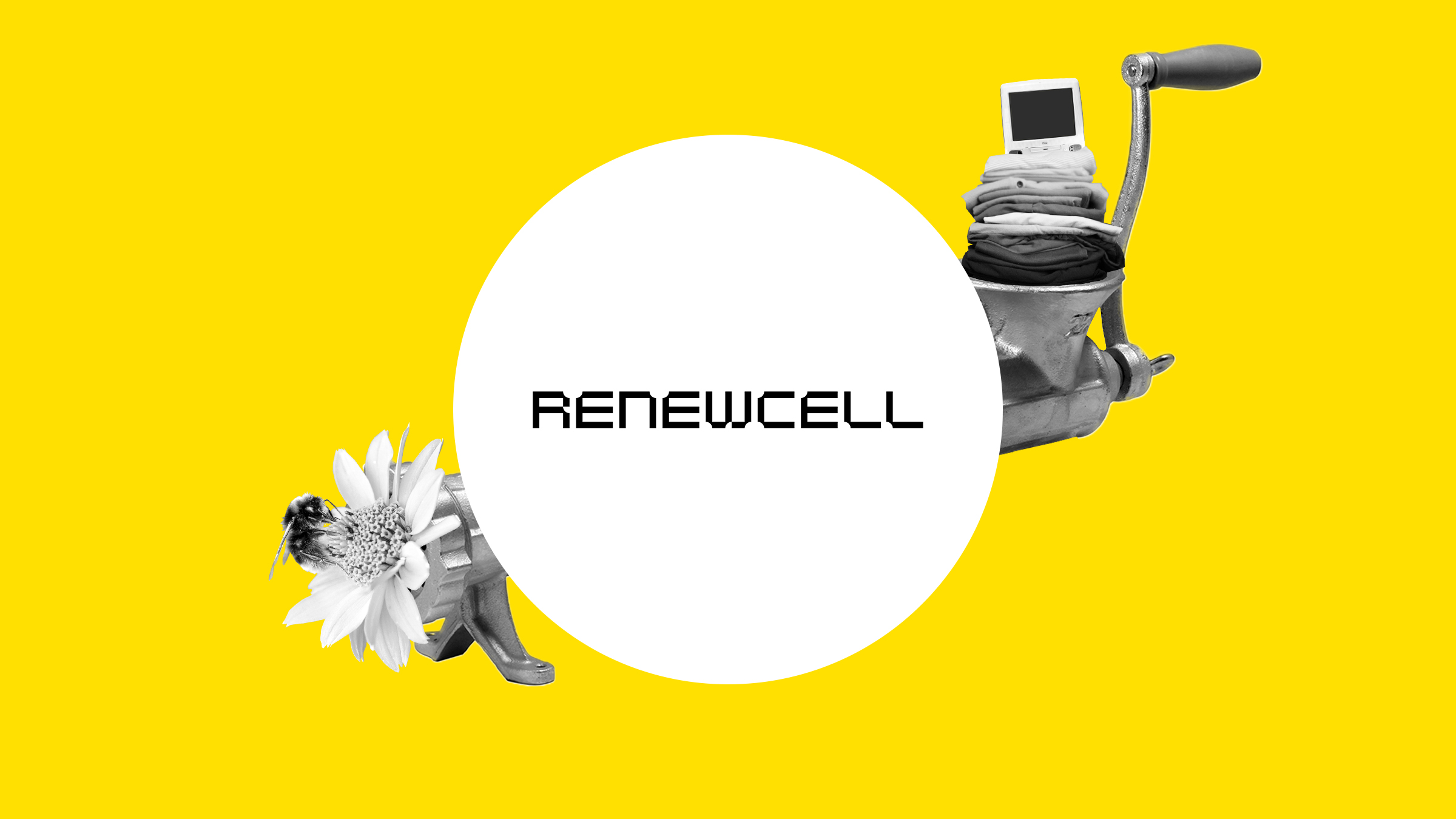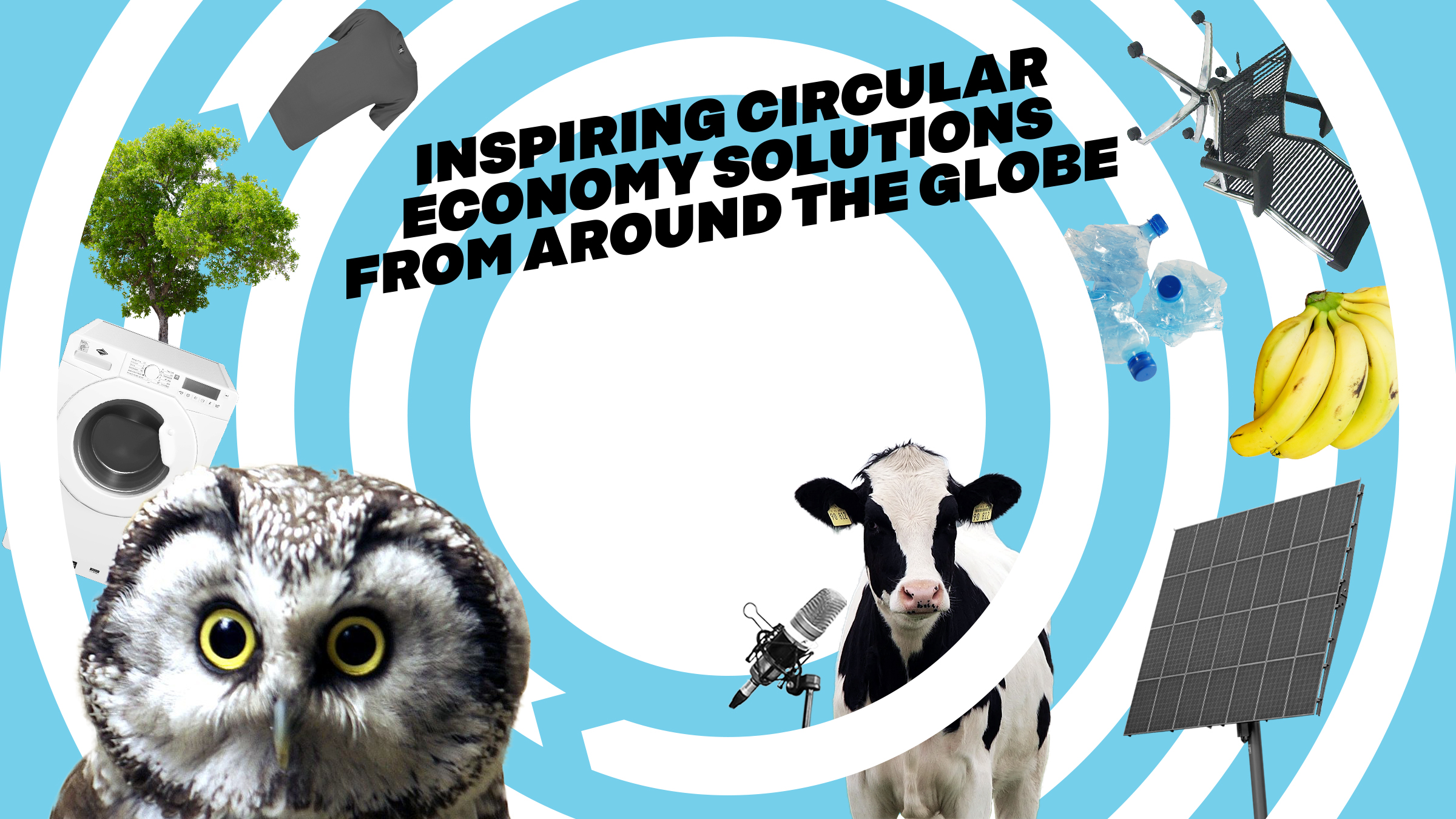Updates: 3 June 2025 website address updated circulo.se / 3 April 2025 Circulose and Tangshan Sanyou Fiber start strategic partnership / 4 June 2024 Altor acquires Renewcell’s assets
Circulose is made by Renewcell in the world’s first industrial-scale chemical recycling process for used cellulosic textiles. The solution has been developed through collaboration between various stakeholder groups, such as prominent fashion houses and research organisations, making it an excellent example of diverse parties coming together for circular innovation.
The work started at the KTH Royal Institute of Technology research centre. Scientists had originally been working to produce biofuels but instead discovered a method for decomposing the cellulose in textile materials like cotton and viscose. Growing demand for virgin man-made cellulosic fibres and the pressure on fashion brands to improve recycling led the research team forward.
Problem
The textile industry is very water-intensive and harms local ecosystem with the use of pesticides. Globally, most used clothes often end up in landfills. Synthetic clothes also cause a significant amount of ocean microplastic pollution. The industry’s emissions are expected to consume 25 per cent of the global carbon budget by 2050, partially due to the growing need for textile products and the lack of affordable new sustainable textiles.
Solution
Renewcell’s chemical recycling process turns used cotton and viscose textiles into biodegradable Circulose pulp. This product can be made into new textile fibres and fed into the textile production cycle again and again. The fibres made from Circulose are indistinguishable from virgin man-made cellulosic fibres and fabrics, making them a great alternative to cotton. This enables sustainable production for many brands. The solution can accelerate the use of recycled input also in fast fashion and make sustainable fashion more accessible.
Renewcell enables the production of sustainable raw materials from fashion industry’s waste. The industrial-scale solution provides large brands with an opportunity to use recycled materials and reduce their environmental impact while maintaining a high product quality. The upstream partners who collect and sort the textile waste are compensated for their work, ensuring less textiles end up in landfills.
Environmental impact
Renewcell reduces the use of virgin textile fibers, which means less water usage in stressed areas, less need for chemical pesticides and less energy usage for logistics. Using waste as the main input for the production process also directly decreases the amount of waste sent to incineration or landfills.
Social impact
By targeting large fashion brands with wide consumer bases and affordable prices, Renewcell improves consumers’ access to sustainable fashion. Additionally, the solution can lead to local and fair job creation in a circular economy, especially when operating on an industrial scale.


Inspired?
Check out all solutions.